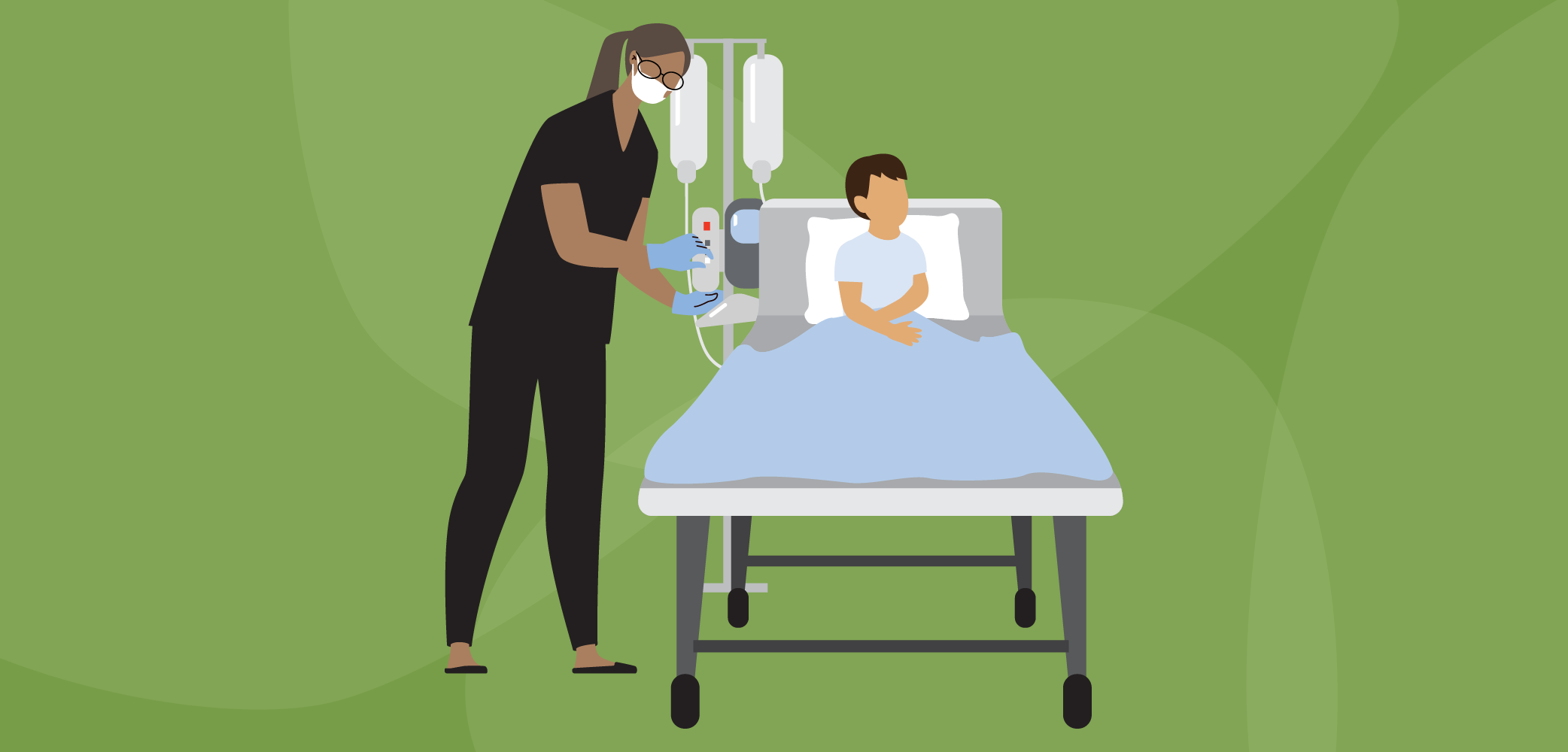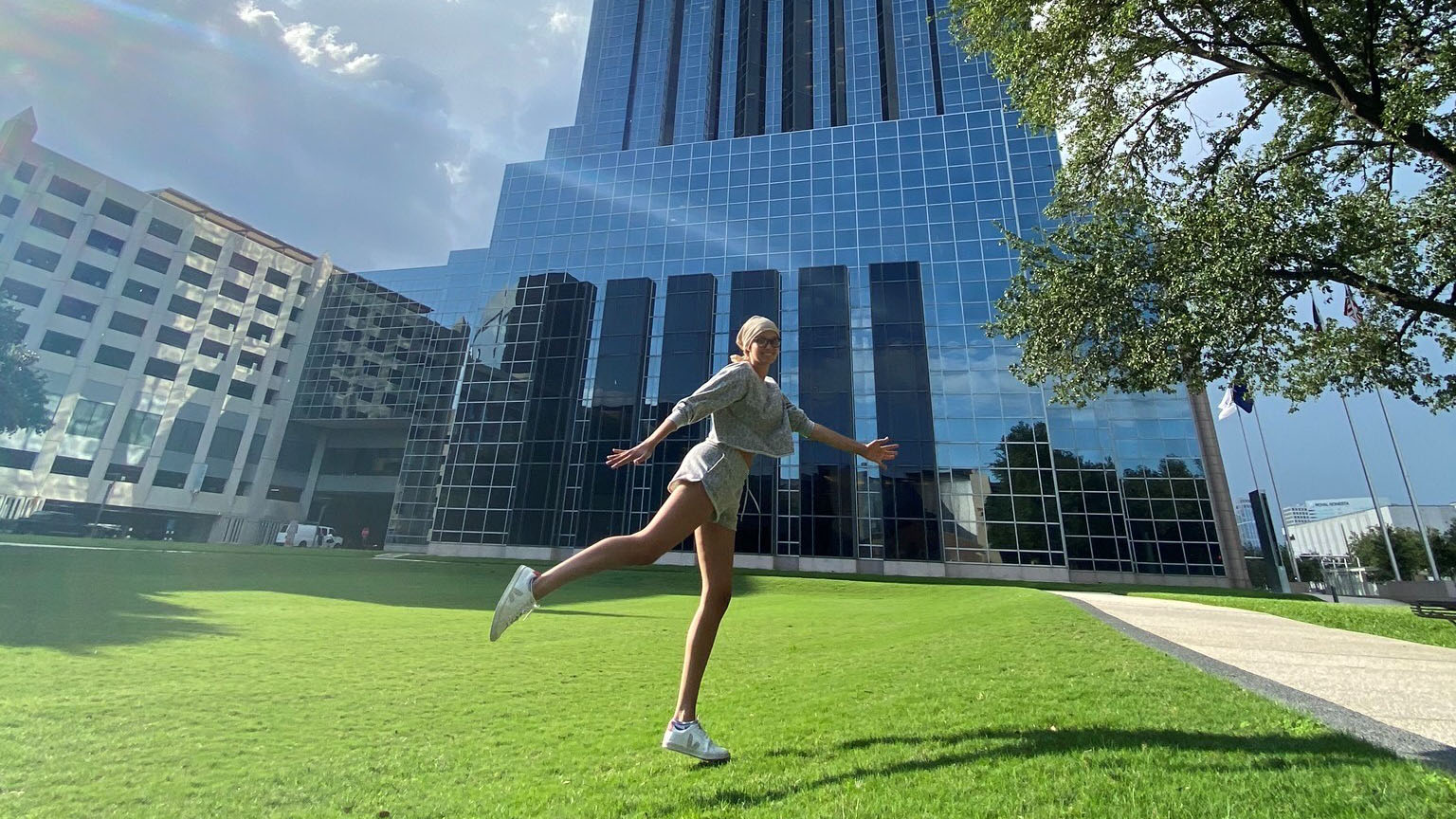- Diseases
- Acoustic Neuroma (14)
- Adrenal Gland Tumor (24)
- Anal Cancer (68)
- Anemia (2)
- Appendix Cancer (16)
- Bile Duct Cancer (26)
- Bladder Cancer (72)
- Brain Metastases (28)
- Brain Tumor (232)
- Breast Cancer (714)
- Breast Implant-Associated Anaplastic Large Cell Lymphoma (2)
- Cancer of Unknown Primary (4)
- Carcinoid Tumor (8)
- Cervical Cancer (158)
- Colon Cancer (166)
- Colorectal Cancer (118)
- Endocrine Tumor (4)
- Esophageal Cancer (44)
- Eye Cancer (36)
- Fallopian Tube Cancer (8)
- Germ Cell Tumor (4)
- Gestational Trophoblastic Disease (2)
- Head and Neck Cancer (12)
- Kidney Cancer (128)
- Leukemia (342)
- Liver Cancer (50)
- Lung Cancer (286)
- Lymphoma (278)
- Mesothelioma (14)
- Metastasis (30)
- Multiple Myeloma (100)
- Myelodysplastic Syndrome (60)
- Myeloproliferative Neoplasm (6)
- Neuroendocrine Tumors (16)
- Oral Cancer (100)
- Ovarian Cancer (172)
- Pancreatic Cancer (160)
- Parathyroid Disease (2)
- Penile Cancer (14)
- Pituitary Tumor (6)
- Prostate Cancer (146)
- Rectal Cancer (58)
- Renal Medullary Carcinoma (6)
- Salivary Gland Cancer (14)
- Sarcoma (238)
- Skin Cancer (296)
- Skull Base Tumors (56)
- Spinal Tumor (12)
- Stomach Cancer (64)
- Testicular Cancer (28)
- Throat Cancer (92)
- Thymoma (6)
- Thyroid Cancer (98)
- Tonsil Cancer (30)
- Uterine Cancer (80)
- Vaginal Cancer (16)
- Vulvar Cancer (20)
- Cancer Topic
- Adolescent and Young Adult Cancer Issues (20)
- Advance Care Planning (10)
- Biostatistics (2)
- Blood Donation (18)
- Bone Health (8)
- COVID-19 (362)
- Cancer Recurrence (120)
- Childhood Cancer Issues (120)
- Clinical Trials (632)
- Complementary Integrative Medicine (22)
- Cytogenetics (2)
- DNA Methylation (4)
- Diagnosis (232)
- Epigenetics (6)
- Fertility (62)
- Follow-up Guidelines (2)
- Health Disparities (14)
- Hereditary Cancer Syndromes (126)
- Immunology (18)
- Li-Fraumeni Syndrome (8)
- Mental Health (116)
- Molecular Diagnostics (8)
- Pain Management (62)
- Palliative Care (8)
- Pathology (10)
- Physical Therapy (18)
- Pregnancy (18)
- Prevention (916)
- Research (392)
- Second Opinion (74)
- Sexuality (16)
- Side Effects (604)
- Sleep Disorders (10)
- Stem Cell Transplantation Cellular Therapy (216)
- Support (402)
- Survivorship (320)
- Symptoms (182)
- Treatment (1786)
How proton therapy spared my baby of paralysis from primitive myxoid mesenchymal tumor of infancy
3 minute read | Published January 20, 2021
Medically Reviewed | Last reviewed by an MD Anderson Cancer Center medical professional on January 20, 2021
When Charlie was eight weeks old, I noticed his legs had become limp. We took him to the ER and discovered he had a large tumor compressing his spinal cord causing lower body paralysis.
Charlie had emergency surgery two days later to remove the tumor, with hopes of saving his leg function. A biopsy revealed the diagnosis: primitive myxoid mesenchymal tumor of infancy (PMMTI). This is an incredibly rare sarcoma that affects infants.
We learned that Charlie would need proton therapy. We sent Charlie’s medical records to several centers around the country. Over the phone, we discussed with each of them their plan for Charlie.
Choosing MD Anderson for proton therapy
Charlie’s case was difficult because he hadn’t developed the protective layer around his spinal cord called the myelin sheath. This meant radiation could potentially paralyze him completely. He could lose the opportunity for his spinal cord to regenerate. The dose and the location of the radiation on Charlie’s back was extremely important.
We chose MD Anderson because of its great reputation, proximity to our home in New Orleans, and because of radiation oncologist Dr. Arnold Paulino. When we spoke with him, Dr. Paulino was cautious and collaborative in deciding what dose to give Charlie that would save his nerves.
Once we arrived at the MD Anderson Proton Therapy Center, the staff and nurses were so kind to us. They loved Charlie and were so sweet to him. They knew his name and brought out toys for him to play with when we arrived.
Undergoing treatment for primitive myxoid mesenchymal tumor of infancy
After surgery, Charlie received chemotherapy and proton therapy. To prevent infection, we kept Charlie’s mouth rinsed with a special mouthwash and kept his central line flushed.
Charlie was sedated every morning before he received proton therapy. I would set an alarm for 2:30 a.m. to give him his last bottle before fasting began. Nurses Leo Flores and Yvette Rosenthal always made sure we felt comfortable and let Charlie wake up naturally from anesthesia each day. Child life specialist Laura Oncale was always ready to greet Charlie in the hallway with a toy. Charlie began to expect her each morning and would scream and clench his fists with excitement when he saw her. After 28 treatments, Charlie completed proton therapy in October 2019.
Facing the side effects from PMMTI treatment
During chemotherapy, Charlie experienced side effects such as appetite loss, fatigue and constipation. He also suffered from sepsis. This was scary and difficult. Around week four of proton therapy, Charlie had some skin irritations. We applied ointments and bandages to protect his skin. Although the burns looked painful, Charlie didn’t seem bothered by them. Due to the nerve damage to his bowels, he remains on daily laxatives. On Dec. 9, 2019, Charlie completed chemotherapy.
We are so grateful that Charlie’s movements have improved since he completed proton therapy. One of our greatest fears was that he would become paralyzed completely from the radiation. Thanks to the great doctors at MD Anderson, that has not been the case.
It’s been a year since his last treatment and Charlie is now two years old. He continues physical therapy three times a week near our home in New Orleans, Louisiana. He has partial lower body paralysis, but when he was first injured by the tumor, he was totally limp. Now he is using a posterior walker and can walk well. Sometimes he even runs. We are hopeful that one day he will walk independently.
Finding connection and gratitude after treatment for PMMTI
We feel so much joy seeing Charlie grow and progress as a smart and healthy toddler. Even though it is sometimes difficult to watch him with his disability, I have found acceptance and joy in the life we have.
I found fulfillment and support during Charlie’s treatment by creating the first support group on Facebook for those affected by PMMTI. Having someone to talk to that knows the unique experience you are going through is a great comfort. Always remember that treatment will end, and life does get better.
Request an appointment at MD Anderson online or by calling 1-877-632-6789.
Related Cancerwise Stories

Always remember that treatment will end, and life does get better.
Shelby Brimley
Caregiver





